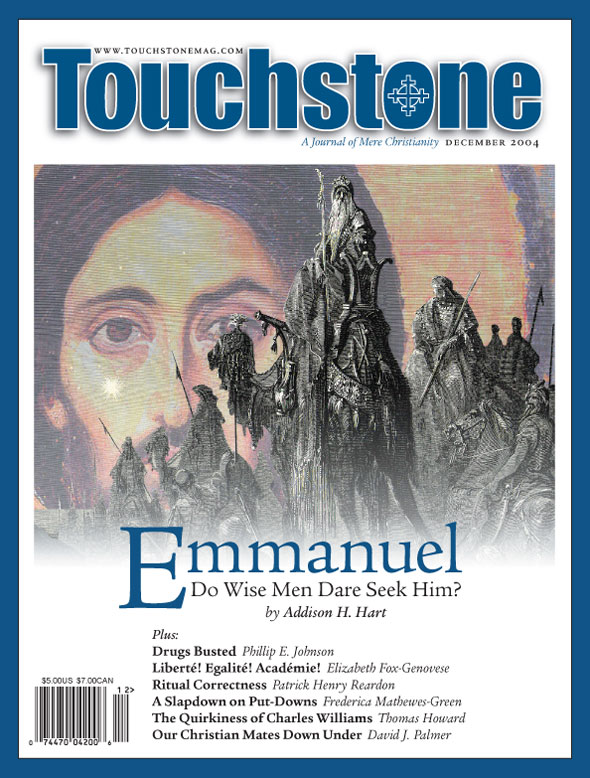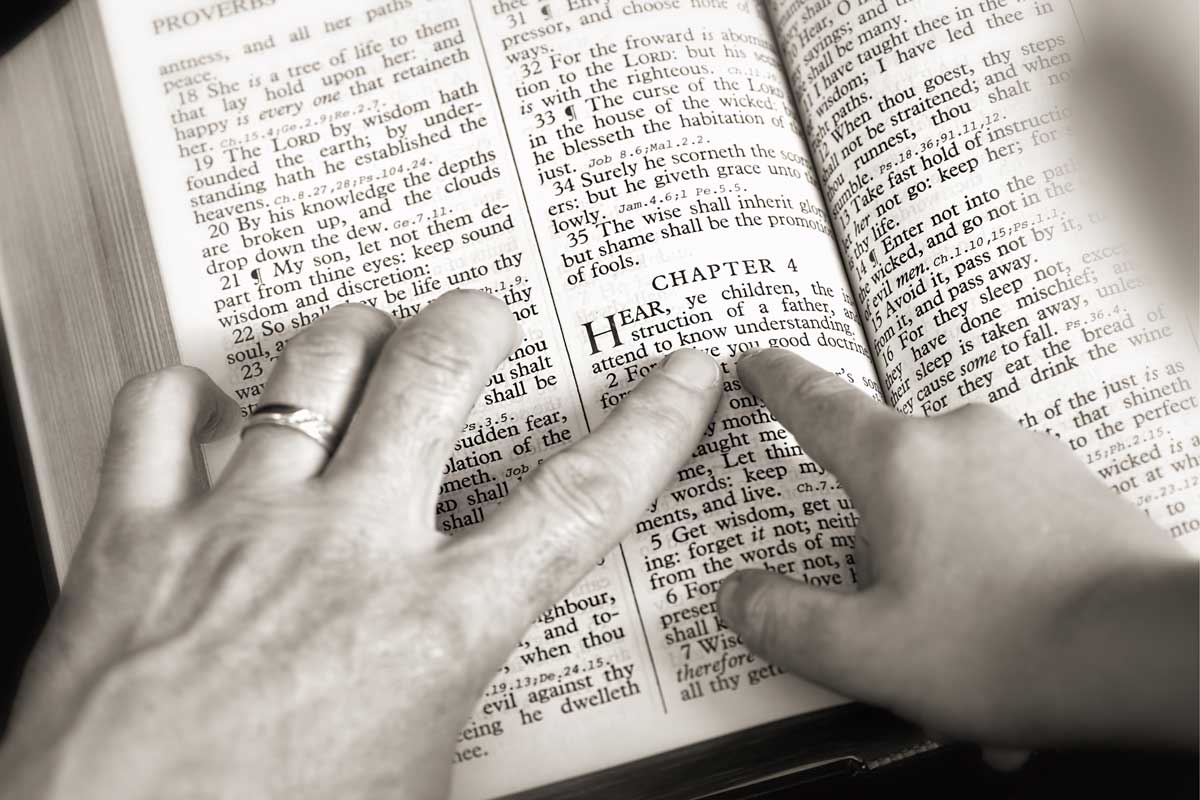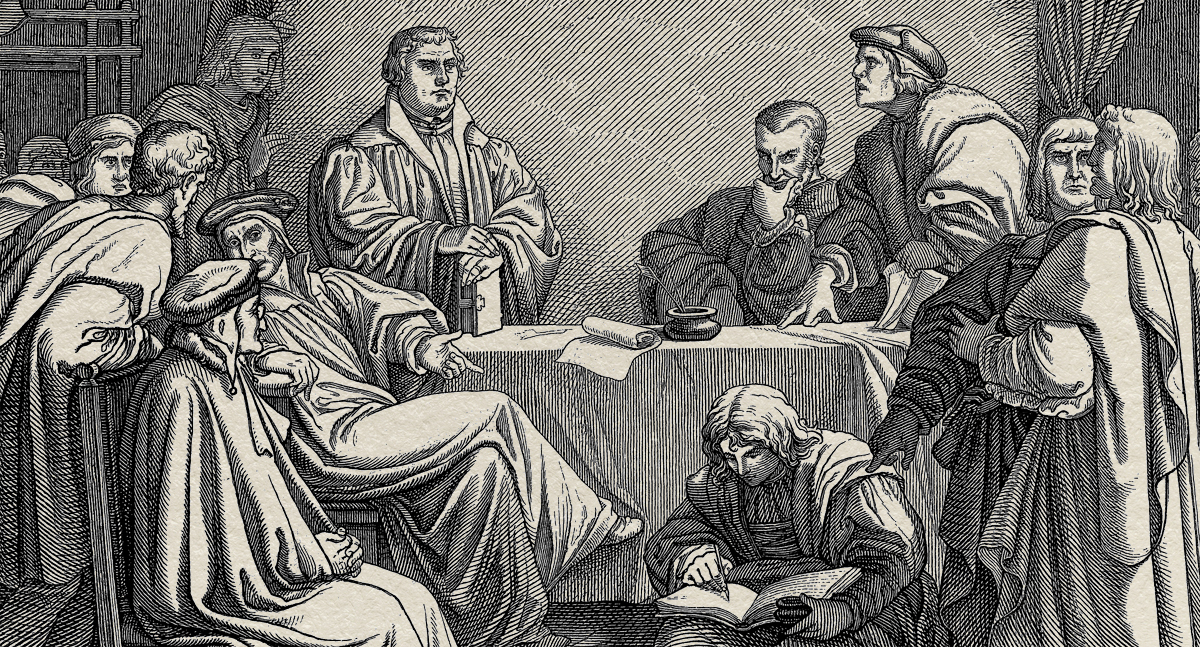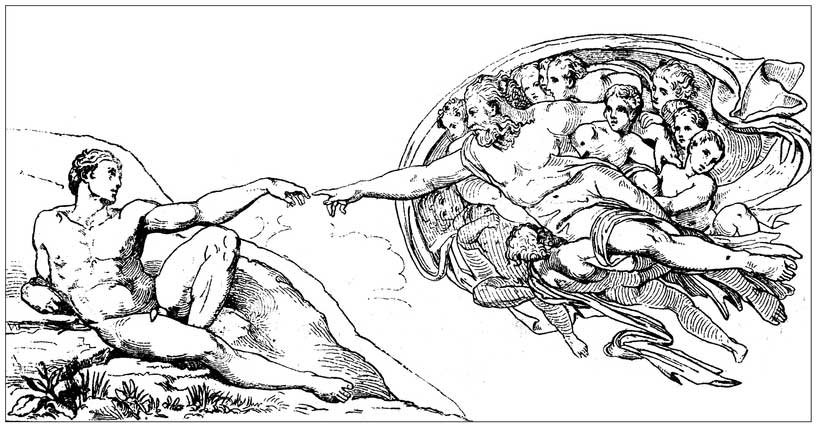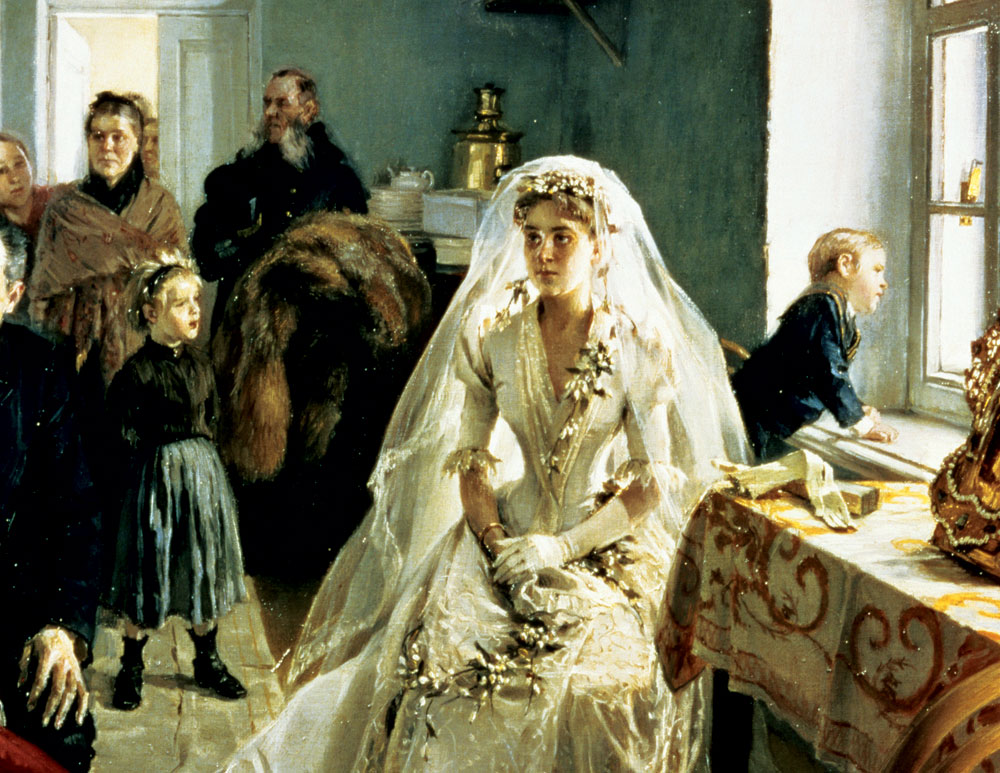View
Liberté! Egalité! Académie!
Elizabeth Fox-Genovese on the Recovery of Academic Freedom
During what was perhaps the worst commencement address I have ever heard, the speaker, who enjoys considerable academic distinction among his colleagues and the general public, enthusiastically called upon the graduates to “invent yourselves.” My first gasp of horror at what, as we all know, has become something of a platitude, was for the parents and grandparents in the audience. These young people were cavalierly to cast aside their pasts, together with the very people who had sacrificed so much to bring them to this pinnacle of achievement? Then as now, the mere possibility seemed appalling.
Mind you, the speaker did not see it that way, and parents and grandparents probably never occurred to him. He did not intend to slight them—he simply did not see them as relevant—probably did not see them, in the full sense of recognizing them as persons like himself, at all. But his primary blindness derived from his sense of their irrelevance, for relevance lay at the heart of his thought, as it does for so many today. The idea of our indebtedness to the past has little appeal, and many no longer consider it at all.
Worse, in the measure that some do consider the possible bearing of the past on the present, they are likely to rewrite it to conform to contemporary sensibilities. There are many problems with this “translation,” not the least being its tendency to erase whatever evidence we can glean of the genuine differences between the sensibilities and beliefs of the past and our own.

True Enough
Consider, for example, the social position and treatment of women. According to prevailing standards, the situation of women in many—if not all—previous societies left much to be desired. Feminists have frequently insisted that throughout most of history women have been dominated by men, deprived of their natural rights, and, more often than not, subjected to outright abuse. And, up to a point, the feminist charges are true—or contain a large enough dose of truth to warrant serious consideration.
Pope John Paul II has spoken movingly and insistently of the injustice too many women have suffered, and he has no less insistently called for its redress. Time and again, he has called for the restoration of women’s dignity, by which he means the honor and respect accorded to them—a widespread recognition of the importance of their contributions to the health and vitality of society. And he has never flinched from demanding a vast expansion in their “rights” and the social opportunities open to them, beginning with an education to fit them for countless occupations from which they have previously been excluded.
Feminists, however, have been less than enthusiastic about the pope’s vision of dignity and justice for women, primarily because he views women as women, which means he views them as different from men. How dare the pope defend women’s exclusion from the priesthood? How dare he claim that their primary and greatest vocation is motherhood—their capacity to bear and nurture children, which in his view also includes a special predisposition to nurture life in general, including nature and the environment?
Feminists insist that women’s true dignity requires that they be equal in all ways to men and differ from them in none. This reasoning provides the main justification for abortion, which offers the one way to redress nature’s bigotry in endowing women with the biological liability of a potential pregnancy and, consequently, depriving them of sexual equality with men.
Feminist claims about the oppressive inequality between women and men present many problems, not least a massive misunderstanding of history and an angry rejection of its possible bearing upon the present. For radical feminists, justice requires that we wipe the slate clean. From this perspective, it becomes impossible to imagine that any women at any other moment in time might have enjoyed respect and found satisfaction in their lives.
Elizabeth Fox-Genovese (d. 2007) was the Eleonore Raoul Professor of the Humanities and Professor of History at Emory University and a contributing editor of Touchstone. Her books include "Feminism Is Not the Story of My Life" (Anchor), Feminism Without Illusions (University of North Carolina Press), and, with her husband, The Mind of the Master Class (Cambridge University Press).
subscription options
Order
Print/Online Subscription

Get six issues (one year) of Touchstone PLUS full online access including pdf downloads for only $39.95. That's only $3.34 per month!
Order
Online Only
Subscription

Get a one-year full-access subscription to the Touchstone online archives for only $19.95. That's only $1.66 per month!
bulk subscriptions
Order Touchstone subscriptions in bulk and save $10 per sub! Each subscription includes 6 issues of Touchstone plus full online access to touchstonemag.com—including archives, videos, and pdf downloads of recent issues for only $29.95 each! Great for churches or study groups.
Transactions will be processed on a secure server.
more on education from the online archives
more from the online archives
calling all readers
Please Donate
"There are magazines worth reading but few worth saving . . . Touchstone is just such a magazine."
—Alice von Hildebrand
"Here we do not concede one square millimeter of territory to falsehood, folly, contemporary sentimentality, or fashion. We speak the truth, and let God be our judge. . . . Touchstone is the one committedly Christian conservative journal."
—Anthony Esolen, Touchstone senior editor





